The UK’s 20 most influential Greens in 2018 – Numbers 20-11
20. Anthony Slaughter
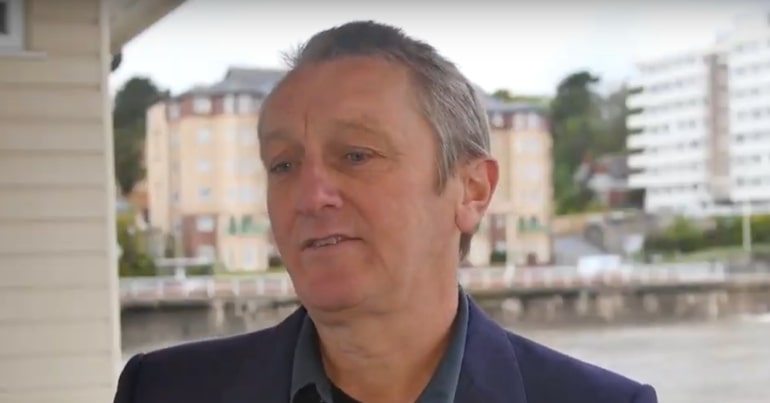
It’s been a tumultuous year for the Wales Green Party. A bitter and divisive referendum on whether the Wales Greens should secede from the Green Party of England and Wales preceded then leader Grenville Ham’s defection to Plaid Cymru. Newly elected leader Anthony Slaughter will therefore have his work cut out repairing the damage.
Fortunately, the Welsh Assembly elections will next be held in 2021, and Welsh local elections in 2022. This means there is plenty of time for Slaughter to make his mark and build the infrastructure required to build the Wales Green Party into a significant electoral threat for the first time. Having been elected just days ago, he is yet to show what his leadership will look like in practice. His defeat of Mirka Virtanen – the early favourite in the election – nevertheless gives a strong indication of his strength as a campaigner.
19. Clare Bailey
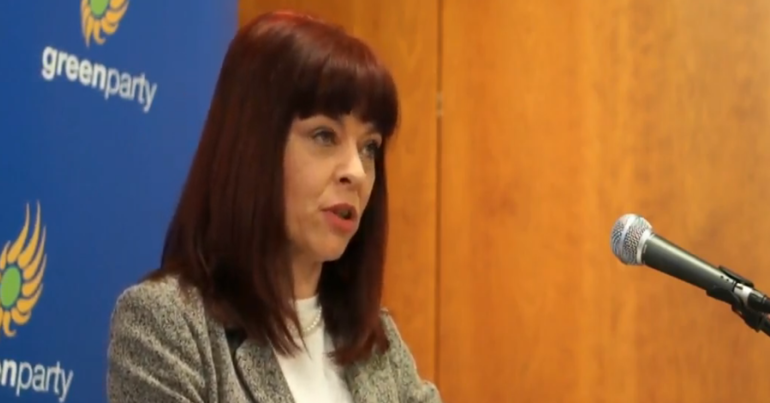
In 2018, Clare Bailey took over as leader of the Green Party of Northern Ireland. In doing so, she replaces Steven Agnew, who has become something of a mainstay of Stormont politics. Bailey is much fresher to the public. She was first elected to Stormont in 2016 and has quietly but capably deputised for Agnew since 2014. As such, she has a unique opportunity to steer the party into the future at a time of great political turmoil.
A wave of social progressivism is spreading on the island of Ireland. This has been spurred by movements in the south, including the 2015 referendum on the legalisation of same sex marriage, and last year’s successful campaign to repeal the eighth amendment of the Irish constitution which prohibited abortion. The momentum behind these movements is increasingly bleeding into the north. With Bailey’s credentials as a pro-choice and feminist activist, she will be well equipped to tap into the shifting public attitudes and build an effective base among a new generation of people radicalised by the rapid pace of change on the island.
18. Natalie Bennett
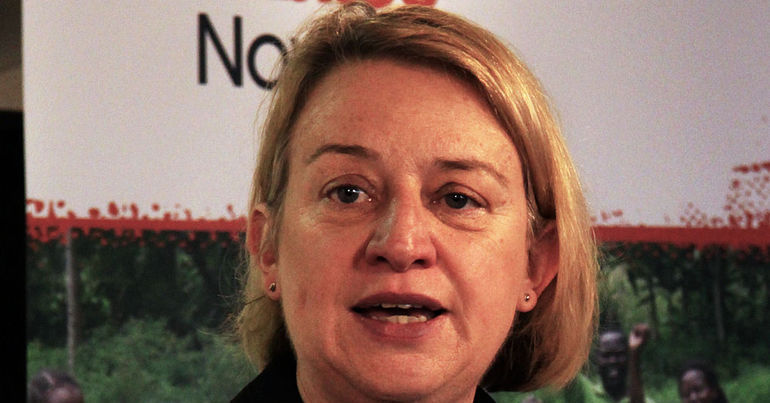
Former Green Party of England and Wales Leader Natalie Bennett has maintained a high profile since she handed over the leadership in 2016. In 2017, she was one of the few Green Party candidates who kept their deposit in the General Election.
Now once again selected to fight the Sheffield Central seat in the event of a snap election, Bennett will be key to the Greens’ future election fortunes. The seat is important, not just because of it being one in which the party has traditionally done well. It is also key as it is within a city that has been electorally fruitful for the Greens at council level, down to effective campaigning, the council’s controversial tree felling plans and public fatigue with the Labour dominated administration. Her articulate blending of the social justice values of the party with its ecologist foundations has long made her popular both internally and with the public, a situation which persists today.
17. Mark Ruskell
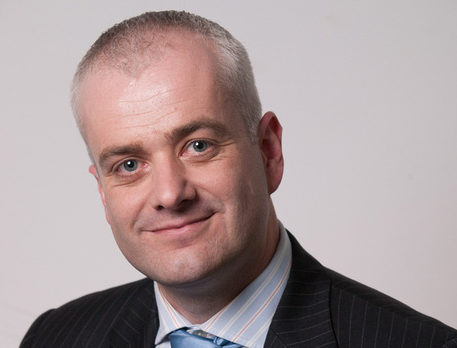
When Mark Ruskell returned to the Scottish parliament in 2016, he brought with him a wealth of experience of working on sustainability issues. Since his re-election he has brought this to the fore, regularly holding the SNP government to account over its climate change policies, including its reliance on oil and gas. Doing so from his parliamentary platform has placed the issue firmly into the public political debate.
16. Jenny Jones
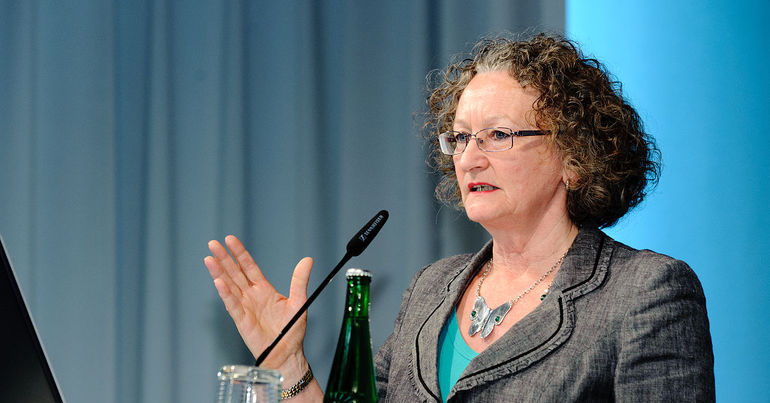
As one half of the Greens’ UK parliamentary team, Jenny Jones has long been a central figure within the Green Party of England and Wales. She is a vocal member of the House of Lords, this year taking aim at the use of spycops to undermine civil society and campaigning, as well as a high profile attack on her fellow Peers who defended Lord Lester after he faced accusations of sexual harassment.
While her parliamentary and campaigning work has been significant, her standing within the party receded somewhat in 2018. After the then leader of the Wales Green Party, Grenville Ham, defected to Plaid Cymru, Jones tweeted that she had “never heard of him”. Naturally, fellow Greens received this poorly.
15. Maggie Chapman

Maggie Chapman started 2018 in controversy. In February, she was successfully re-elected as rector of Aberdeen University, after an election held in 2017 was annulled due to allegations Chapman’s campaign team violated election rules – allegations which Chapman was unable to reply to and which she strongly denies.
Outside of her rectorship, Chapman is a powerful voice of the radical left within the Scottish Green Party. As the party’s outspoken co-convener, in 2018 Chapman made a crucial intervention. She blasted the party for its failures on gender representation and its reinforcement of patriarchal structures. This public approach will put pressure on the party to take action to reform the cultures she has highlighted.
14. Jean Lambert
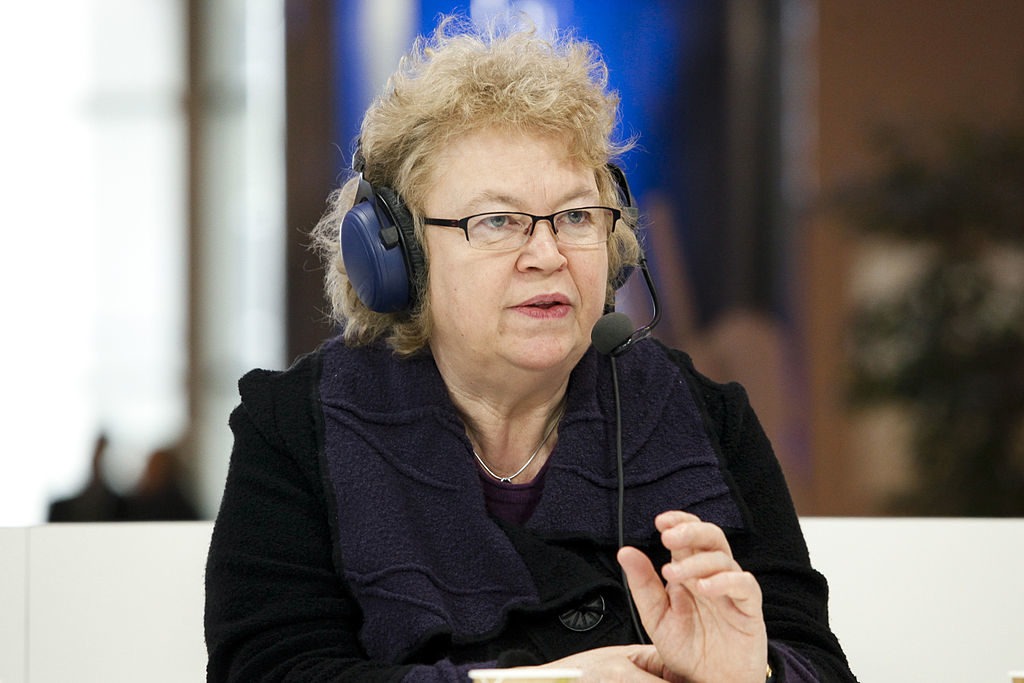
Migration has been the most frequently and unpleasantly debated issue in UK politics for more than two decades. The impact of the right’s xenophobic rhetoric and policy been on migration has been huge. And it has caused some on the left to capitulate on the issue. Most prominent Greens have avoided this, and few make the positive case for migration in as compelling a way, or from such a strong knowledge base as Jean Lambert. As Brexit negotiations rumbled on in 2018 and the Windrush scandal broke, Lambert was an important voice resisting the reactionary narratives of the right on migration – on panels, in the press and in the European parliament.
13. Steven Agnew
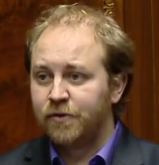
Things have recently been a little quieter than usual in the politics of the north of Ireland. For nearly two years there has been a breakdown in the power sharing set up and no functioning government. Steven Agnew, as leader of the Green Party in Northern Ireland until the autumn has been a leading critic of the power sharing impasse. To this end, he has spoken eloquently to public frustrations at the ongoing sectarian divide within politics and the inability for politicians on either side of the divide to move forward and govern.
12. Ross Greer
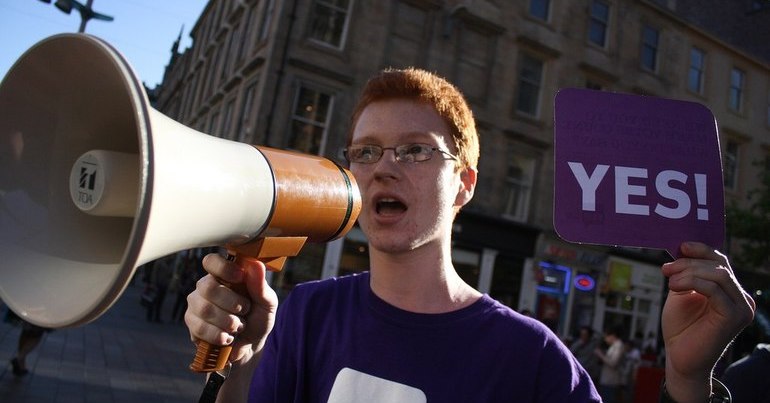
Ross Greer made history in 2016 by becoming the youngest ever MSP at the age of 21. Since then, he has been a leading voice in the Scottish left. As the Scottish Green Party’s Education Spokesperson, this year he has consistently made the case for a equitable and emancipatory education system. The publication of the Scottish Green Party’s education policy paper is a powerful vision for an alternative system of education, and is a significant addition to the literature looking at how we can better education.
11. Keith Taylor
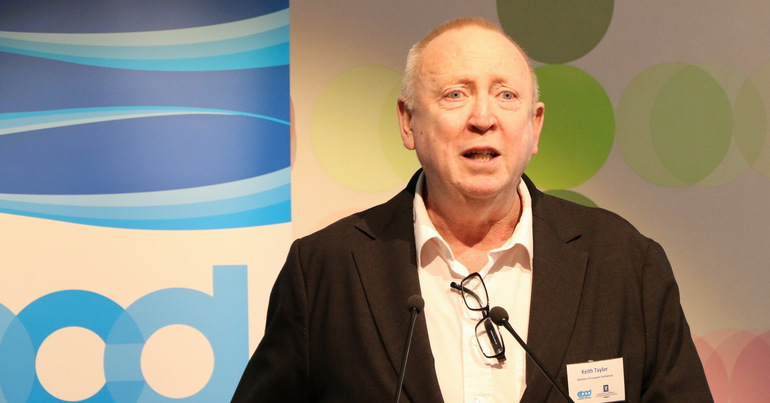
Air pollution has been a major issue for the Green Party of England and Wales in 2018. The issue formed a key element of its local election platform and has its own dedicated campaign – Breathing Cities. An important factor in this is the work Keith Taylor has done as a Member of the European Parliament. In 2017, he commissioned the Polluted Cities report, assessing levels of air pollution in UK cities and the impact of government proposals to tackle it. That report, combined with ongoing work in the European Parliament and in his constituency of South East England on a whole host of issues from fracking to animal rights evidences Taylor’s continued influence in UK politics and in the party.



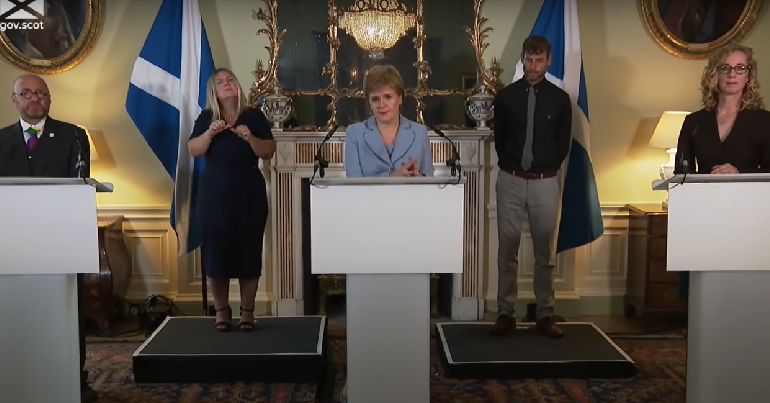
Leave a Reply